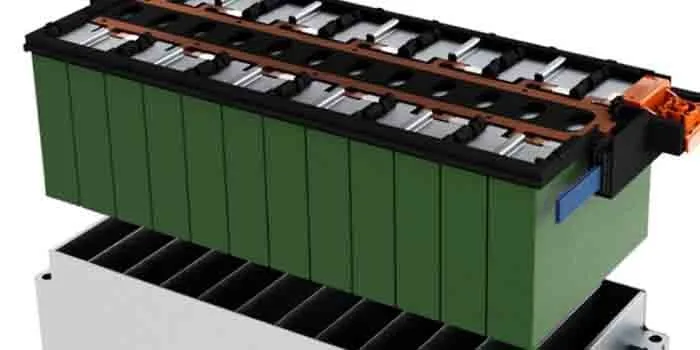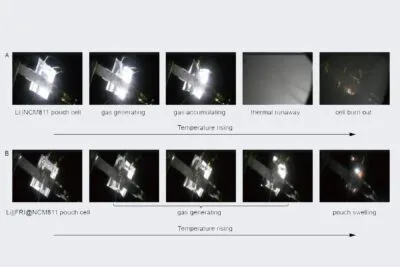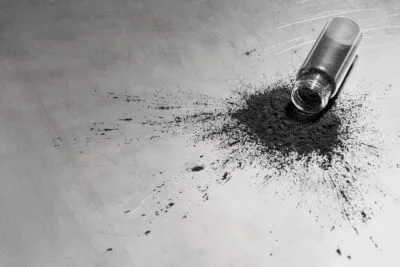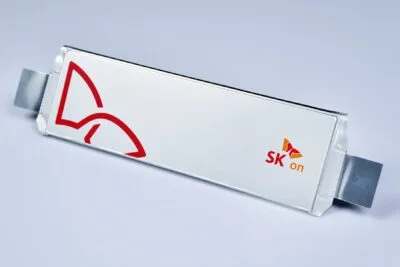BMW orders cell contacting systems from Molex
The BMW Group has placed an order with the US company Molex to supply battery cell contacting systems for its New Class electric cars. Specifically, the order is for the Volfinity Cell Contacting System – but presumably only for BMW’s US production.
The US company’s announcement does not contain information about quantities or financial details of the agreement with BMW. Nor does it mention in which models the cell contacting systems will be used. However, it is reasonable to assume that the battery systems in question installed at BMW’s US plant in Spartanburg, South Carolina (using AESC cells). Since the end of June, BMW has been building an assembly plant for high-voltage batteries in Woodruff, not far from the vehicle plant. There, the cell contacting systems are combined with the cells to form ready-to-install battery packs.
At the beginning of May, BMW announced that it had ordered cell contact systems for the New Class from ElringKlinger. The European production start of the order is scheduled for 2025 in Neuffen, Baden-Württemberg. ElringKlinger has also been confirmed as the supplier of this component for the Asian market – so the Molex deal appears to be limited to North America.
The system, which has been under development since 2018, is an interface solution that connects the cells in the battery module to the control board, according to Molex’s statement. It explicitly mentions an “electric vehicle battery module” – so if the wording is correct, BMW will also rely on the intermediate step with battery modules for the New Class and not switch to a cell-to-pack technology in which the cells are integrated directly into the battery pack.
With the mentioned interface solution, the Molex cell contacting system is supposed to be able to do without the daisy-chaining of several wires. According to Molex, the Volfinity Cell Contacting System offers integrated cell sensing features, cell monitoring and balancing, and temperature measurement functions, “all designed to meet BMW Group’s functional safety requirements.”
The US supplier sees the BMW order not only as an award for its own product, but also for the work of its engineers. “Our global teams located in Singapore, China and Germany served as an extension of the BMW Group’s engineering teams, collaborating around-the-clock to provide rapid design iteration and problem resolution to innovate Volfinity to meet BMW Group’s unique requirements,” says Steve Drysdale, VP and general manager, Molex Micro Solutions Business Unit. “Our dedication to the innovation process resulted in a transformational interconnect solution for the BMW Group, and we are thrilled to be chosen.”
The Molex system consists of a lightweight and insulating plastic tray that holds all the components of the cell contact system in place. A central copper busbar runs through the plastic tray, from which the individual adapter plates branch off to the respective cells. The busbar design is intended to replace the separate cables for each cell. This is intended to “not significantly increase” the height and weight of a battery module. And: The Molex system is compatible with both prismatic and cylindrical cells.
The latter is important because BMW is known to be switching from prismatic cells to round cells in the New Class. These will be 46 millimetres in diameter, but of different heights – in flat vehicles such as saloons, the cells will be 95 millimetres high, while in high-floor vehicles (i.e. primarily electric SUVs) they will be 120 millimetres. The cells will be interconnected to form an 800-volt system.





0 Comments